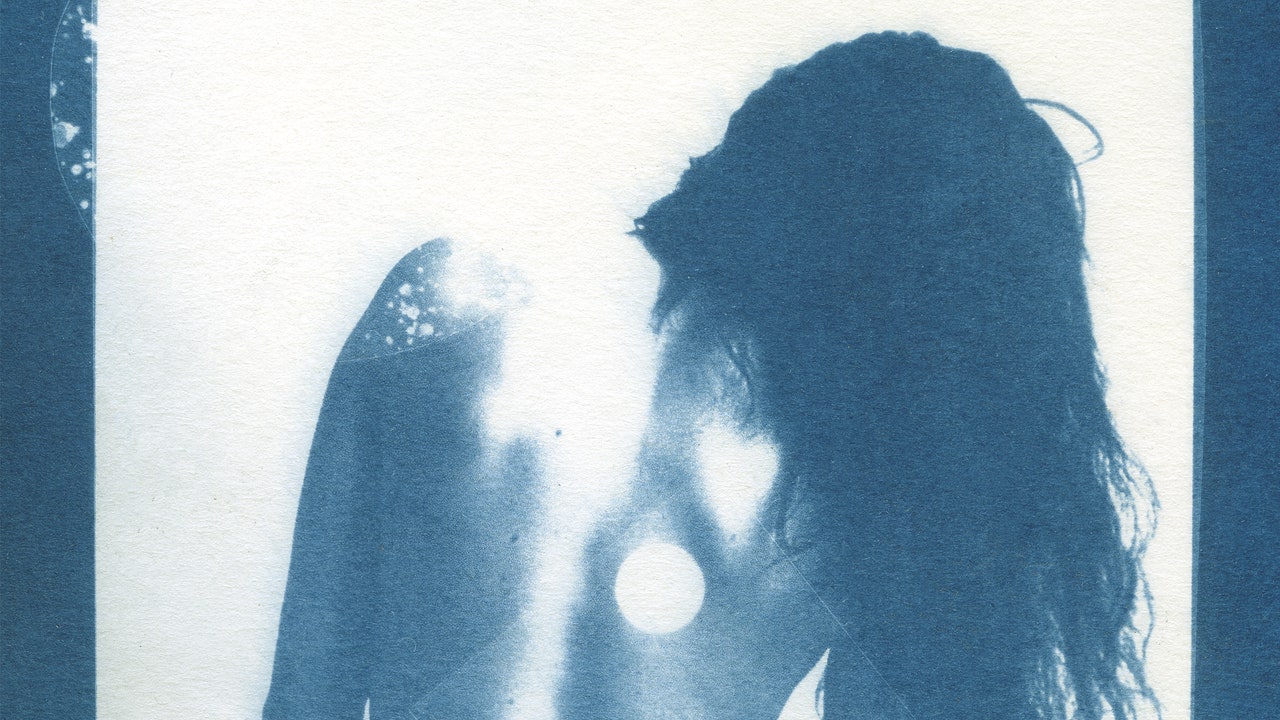One month later I went back to Hopkins to discuss the results of a postoperative CT scan. My husband and I met Dr. Johnston with his team in his office. My GP, Dr. Prokopowicz, was on the phone listening in. Though Dr. Johnston greeted me warmly, I sensed a shift in his normally sunny disposition. He looked at me and said gently, “Jane, I’m sorry to tell you that your recent MRI shows that you have metastases on your liver.”
The full impact of this revelation did not hit me right away.
“What does that mean?”
“Unfortunately, it means you have metastatic pancreatic cancer. And without treatment, you have roughly eight months to live.” (Even though the cancer had now spread to my liver, it was still called pancreatic cancer because that’s where the malignant cells originated.)
If learning I had cancer was an earthquake, this aftershock was a tidal wave.
“What treatment could I have?” I stammered.
“Chemotherapy is recommended.”
So now my hopeful outlook on life had changed to a grim outlook on death.
I got home and googled “metastatic pancreatic cancer.” Dr. Google was even less optimistic than Dr. Johnston. According to the web, I had a three percent chance of living eight months after such a diagnosis, even with chemotherapy.
My next stop was a consultation with an oncologist. This doctor told me that there was only one treatment for metastatic pancreatic cancer: chemotherapy. I’d heard horror stories about those drugs. But I also had several friends who’d survived their cancers by having chemo. The thing was, despite the pain of recovering from a big operation, I still felt remarkably well.
I told him, “I really don’t want to have chemo. I don’t want to feel bad until I die. I want to feel good until I die.” If I seemed cavalier, it was because I still had not yet felt the full weight of death upon me.
I asked him how long it would be before I had symptoms because I wanted to go play in a big poker tournament in Las Vegas and then go to Amsterdam to see the Vermeer exhibit.
“I don’t think a couple of months will make much difference,” he said. “After your travels we’ll stick a port in you and start chemo if you change your mind.” It was a quick visit.
Read the full article here




